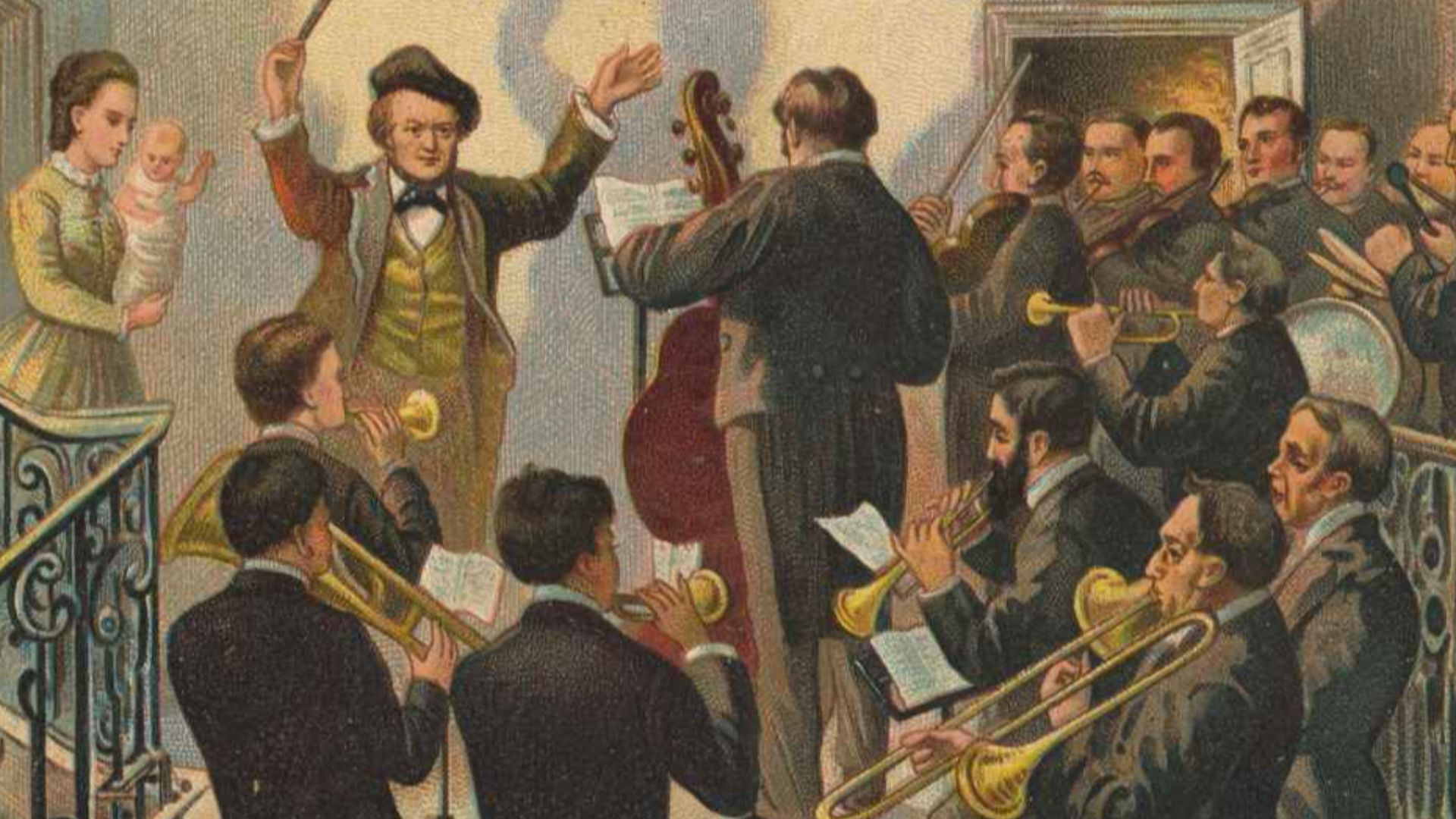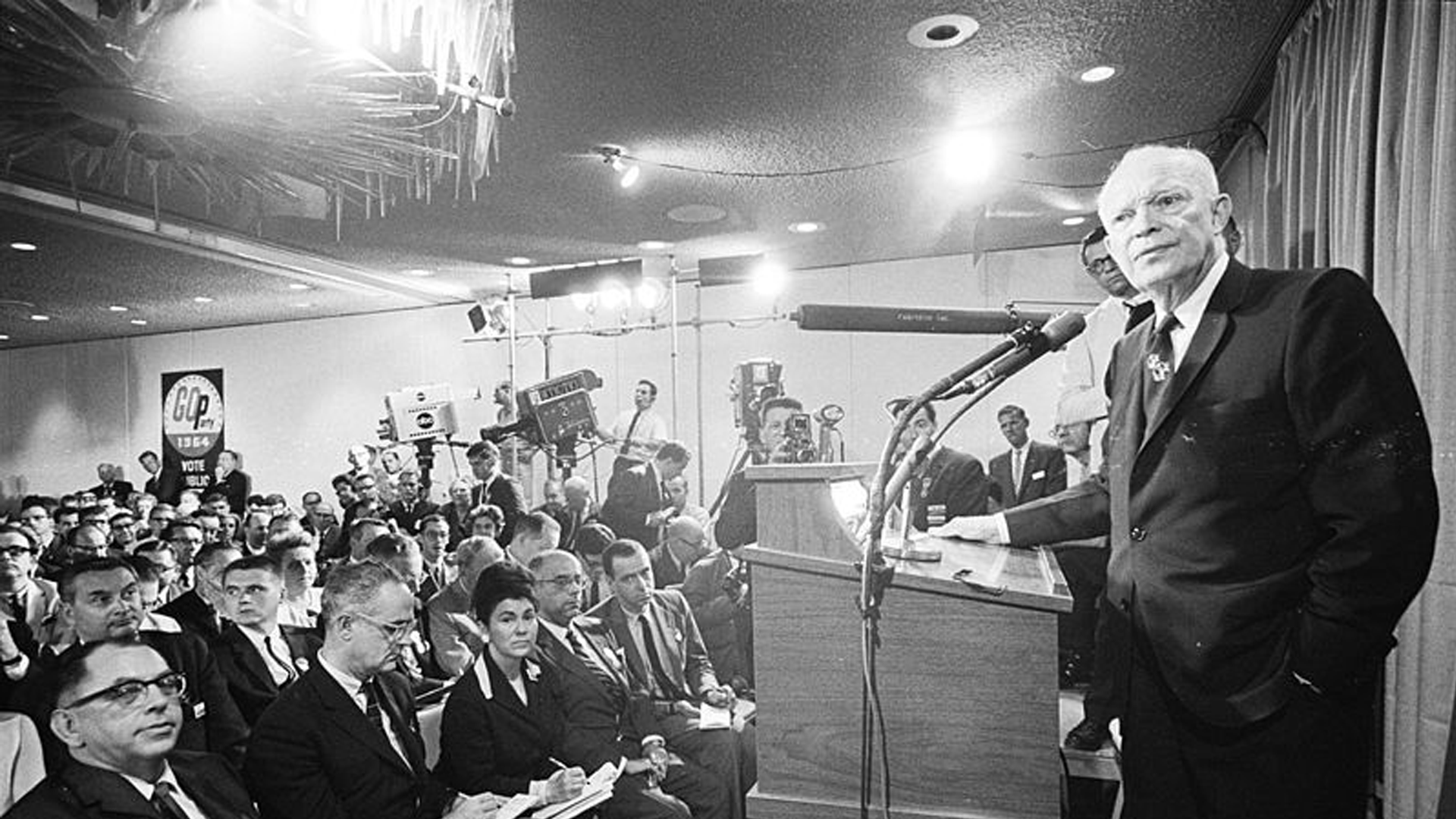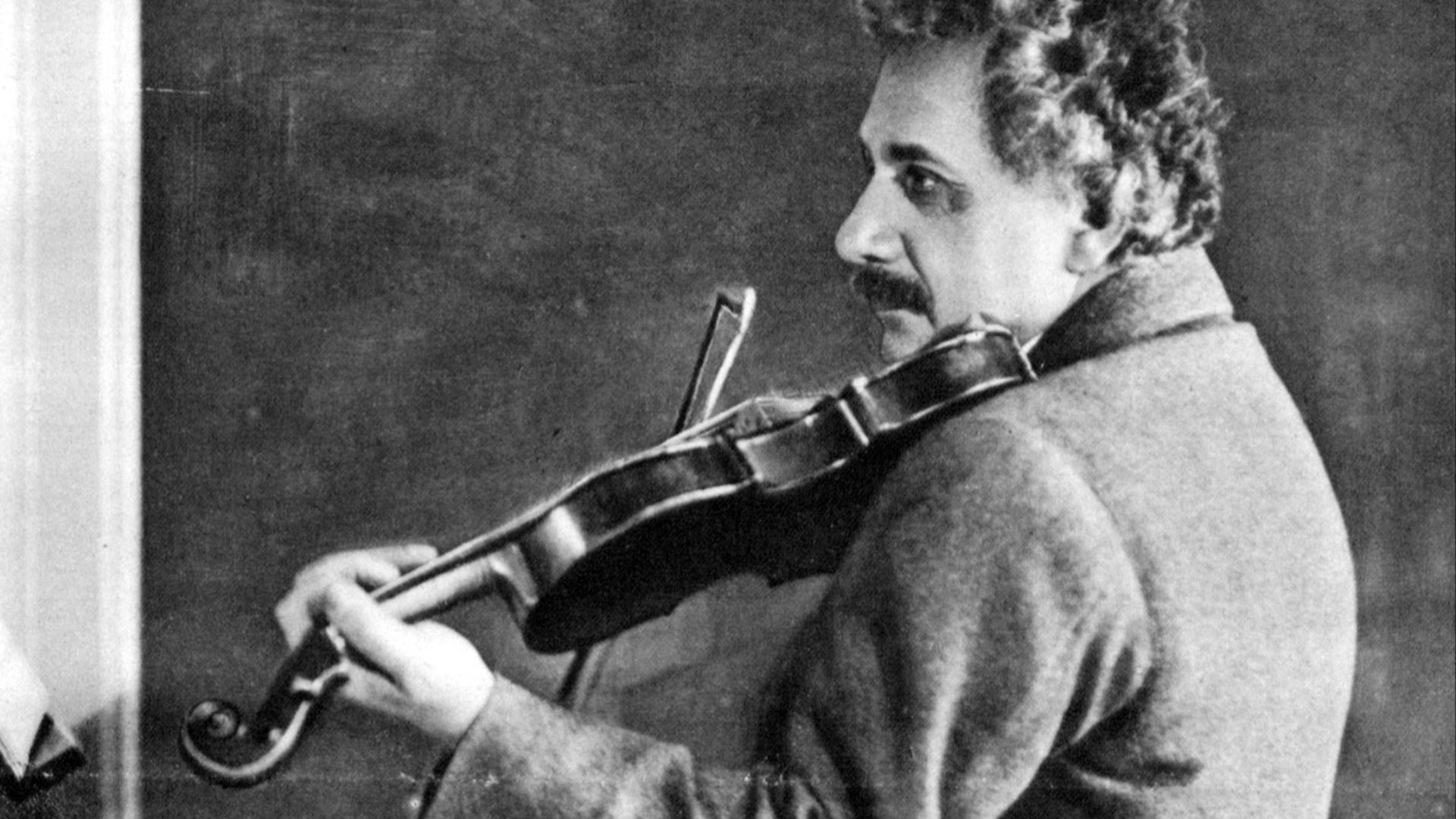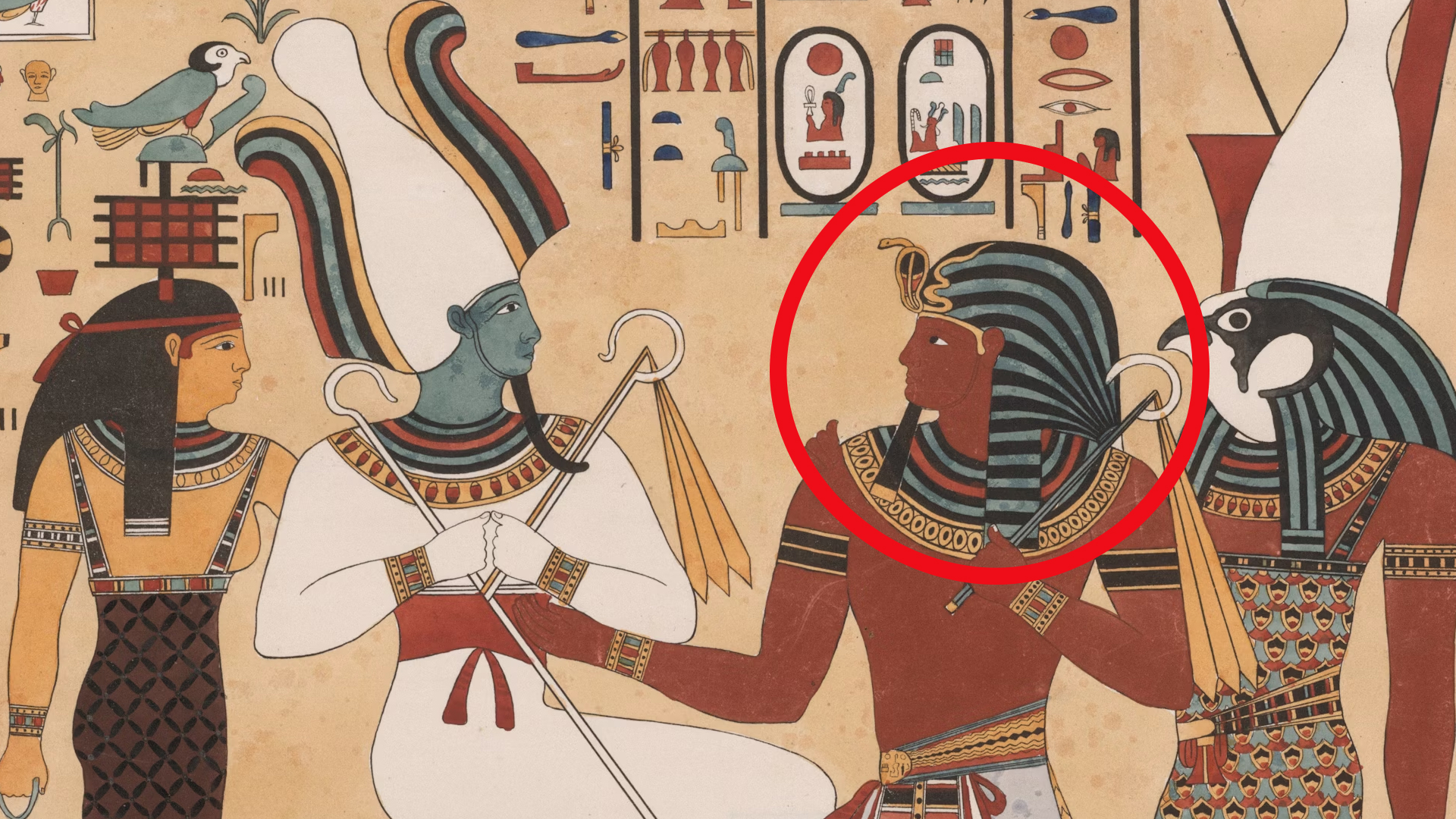Siegfried Idyll: The Stunning Classical Piece That Originated On A Staircase
Siegfried Idyll: The Stunning Classical Piece That Originated On A Staircase
On the morning of December 25, 1870, the villa of Richard and Cosima Wagner in Tribschen, near Lake Lucerne, Switzerland, was filled with the sound of softly played strings and woodwinds. The music, composed in secret, was Wagner’s surprise for his beloved wife, Cosima, in celebration of her 33rd birthday and the birth of their son, Siegfried.
The piece, which Wagner titled Triebschen Idyll with Fidi’s Birdsong and the Orange Sunrise as Symphonic Birthday Greeting, would later become known simply as Siegfried Idyll. “Fidi” was the family nickname for young Siegfried, and the work included personal musical references from their household life.
That morning, a small ensemble of about 15 musicians assembled on the staircase of the villa. Wagner himself conducted. Cosima, awakened by the sound, later wrote in her diary: “When I woke up, I heard a sound; it grew even louder. Music was sounding, and what music! After it had died away, Richard came in with the five children and put into my hands the score of his ‘symphonic birthday greeting.’”
That diary entry remains the most reliable firsthand record of the event as one of the most intimate gestures in music history.
A Symphony Of Home And Heart AnonymousUnknown author on Wikimedia
AnonymousUnknown author on Wikimedia
In Wagner’s world, music had always been monumental with epic operas, mythological plots, and heroic figures clashing with fate. Yet this famous piece of music stands as a soft contradiction to all of that. Here, the composer of thunder and tragedy turned inward, trading the stage for the heart.
Every note in this piece of music tells a story of new beginnings. Hidden within the composition are lullabies Wagner had written for his infant son, melodic fragments inspired by private conversations, and themes borrowed from his yet-to-be-finished opera Siegfried. But here, stripped of grandeur, those themes transformed. They became the soundtrack of love itself.
When Private Emotion Meets Public Art
For several years, Siegfried Idyll remained a family secret, performed only for close friends. It was their lullaby, their love letter, their celebration of peace. Yet as time passed, the world beyond Tribschen would come to know it too.
By 1878, Wagner’s financial situation had grown difficult. Pressured by debts and public expectations, he reluctantly agreed to publish the work. What had begun as a private treasure now entered concert halls and salons across Europe. Audiences were captivated.
Here was Wagner as a changed man whose music represented tenderness. The contrast stunned critics who had only known him as the architect of overwhelming operas.
Why The Story Still Resonates
Though Wagner’s staircase at Tribschen has vanished, the emotion it inspired continues to echo through every performance of Siegfried Idyll. Each time the piece is played, it breathes life into that intimate moment—a private gift of love reborn in sound.
Luckily, you don’t have to know the full story to feel it. The music speaks for itself and gives us a glimpse into a level of emotion and feeling that only art can truly convey.
KEEP ON READING

20 Important Names From World War II You Should Know
Key Players From World War II (For Good or Bad).…
By Cathy Liu Nov 7, 2024
Einstein's Violin Just Sold At An Auction—And It Earned More…
A Visionary's Violin. Wanda von Debschitz-Kunowski on WikimediaWhen you hear…
By Ashley Bast Nov 3, 2025
The One Nobel Prize Nominee History Completely Forgot About
Harris & Ewing on WikimediaThe Nobel Prize in physics is…
By Emilie Richardson-Dupuis Nov 7, 2025
The Mysterious "Sea People" Who Collapsed Civilization
3,200 years ago, Bronze Age civilization in the Mediterranean suddenly…
By Robbie Woods Mar 18, 2025
20 Inventors Who Despised Their Creations
Made It… Then Hated It. Inventors often dream big, but…
By Chase Wexler Aug 8, 2025
20 Incredible Items In The British Museum People Say Were…
Mystery In History. The mighty halls of the British Museum…
By Chase Wexler Sep 8, 2025

